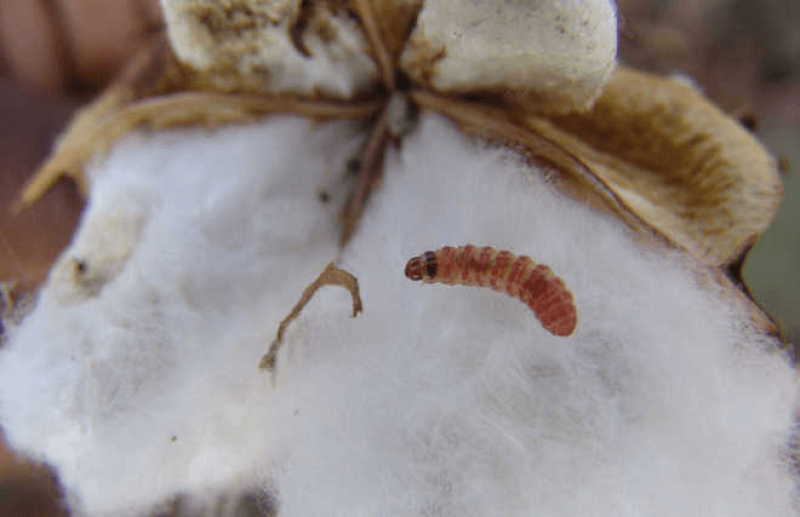It is the end of the road for the country’s first genetically-modified Bt cotton seed variety developed by a public sector institute from the fields in the state as Punjab Agriculture University (PAU) experts have asked farmers to stop using it from the current kharif season citing pink bollworm scare.
Developed indigenously by a Ludhiana-based institute in 2017, PAU Bt1 seed variety was aimed at reducing farmers’ cost input on the cash crop that is an economic lifeline of hundreds of farmers in the semi-arid region of Punjab.
PAU officials said widespread infestation of the deadly pink bollworm in 2021 forced them to stop promoting the variety that was sown in limited areas in different districts before rolling it out commercially in a big way.
“PAU worked for almost a decade to develop it and in the next four years since 2018, results of Bt1 variety were overwhelming in terms of pest resistance, yield and quality,” said Paramjit Singh, PAU director of Bathinda-based regional research station.
Singh, who was part of the team of scientists that developed the variety, said PAU Bt1 was effectively resistant to all three bollworms- American, spotted and pink.
“But pink bollworm attack on hybrid BG2 cotton last year made us cautious about the threat to the PAU variety. Technically we have not recalled it but apprehensive that the variety is likely to be susceptible to the pink bollworm,” added the expert.































